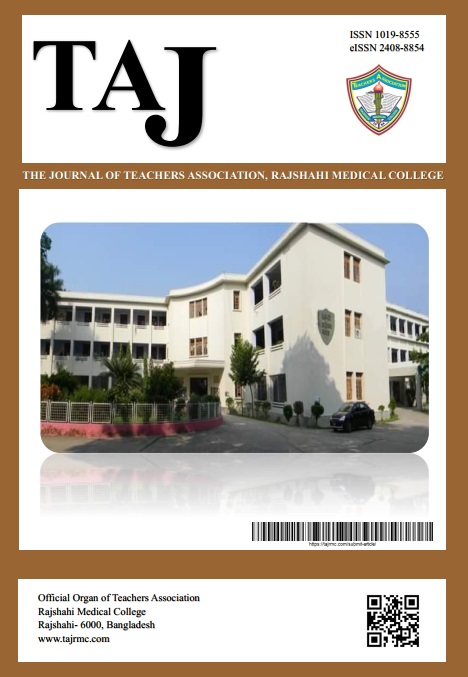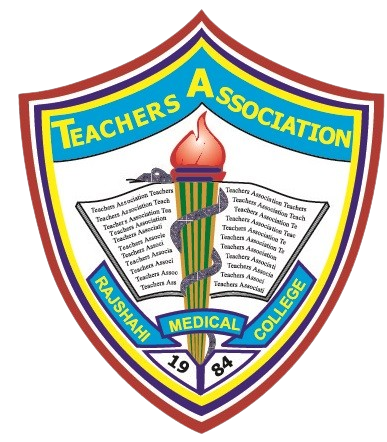| Detection of Streptococcus Mutans and Streptococcus sobrinus by Polymerase Chain Reaction (PCR) in Saliva Samples |
| Tanzila Rawnuck, Md Selim Reza, Mohammad Fatteh-Ul- Islam, Shahanaj Parveen, Hasina Begum, Muhammad Mahbub-ul Alam |
| DOI: |
| Pdf Download |
Background: Dental caries has been a major problem in Bangladesh for decades. Oral diseases are the most common non-communicable diseases related to severe local and systemic disorders. Oral microorganisms can grow and spread in the oral mucosae and most commonly in biomaterials under polymicrobial biofilms, leading to several diseases such as dental caries and periodontal disorders. Aims: This study aimed to detect S. mutants and S. sobrinus by polymerase chain reaction (PCR) amplification and to relate the link between their presence and dental caries. Materials and Methods: Streptococcusmutans (S. mutans) and Streptococcus sobrinus (S. sobrinus) strains were isolated from individuals with no caries. However, they were isolated with high counts of those organisms in saliva samples. The saliva samples were collected from the patients who attended the outdoor Dhaka Dental College Hospital from March 2018 to December 2018. PCR was performed to detect the presence of different organisms. Results: Prevalence of S. mutans and S. sobrinus was, respectively, 19% and 04%. About 68% of the saliva sample was not either positive for both bacterial species, whereas 09% was positive for both bacterial species. Conclusion: This study demonstrated that PCR is an easy, quick, and reliable method for detecting S. mutans and S. sobrinus in epidemiological studies. It was also observed that S. mutans was the most common organism than S. sobrinus to develop caries.

